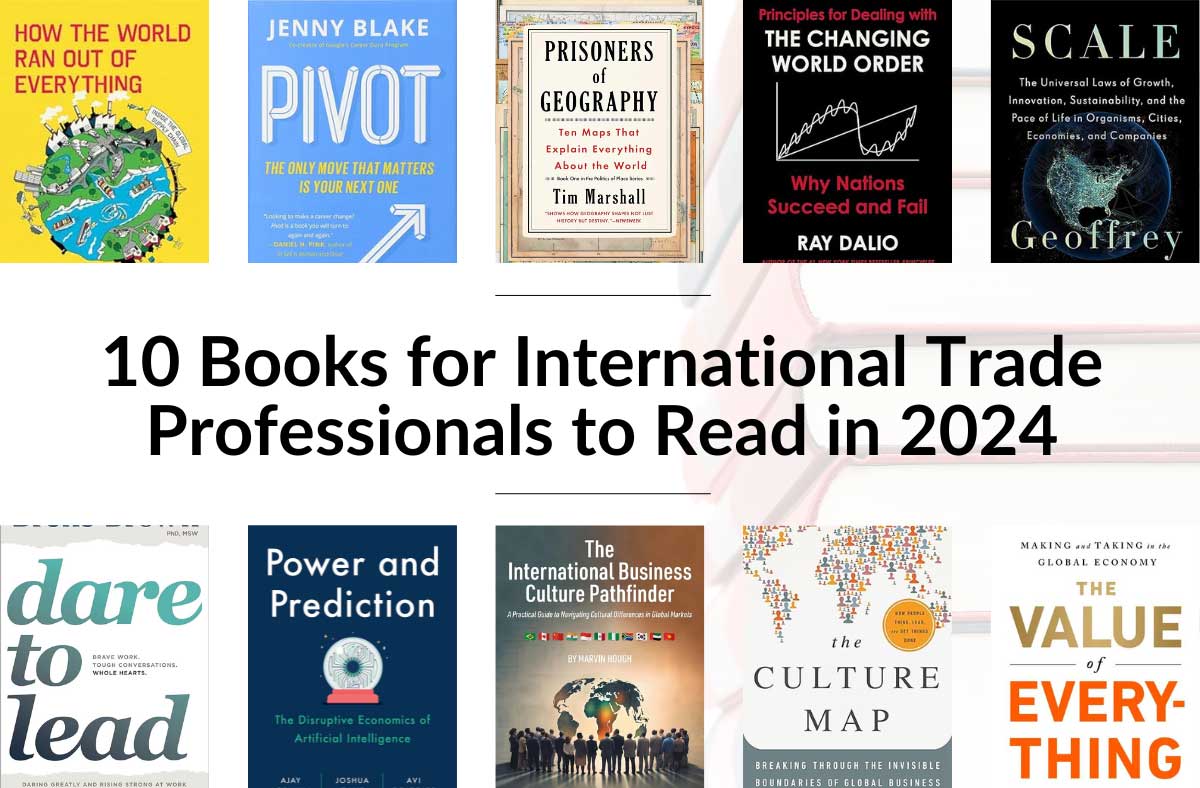 It takes two to tango, and (at least) two parties to make an emerging markets deal.
It takes two to tango, and (at least) two parties to make an emerging markets deal.
To set the stage for an emerging markets deal, there is a lot of work that has to be done:
Understanding the market by analyzing data, arranging for focus groups and surveys, or working with an expert who understands industry dynamics. Assessing the regulatory climate and macroeconomic conditions. Defining a clear value proposition as well as a viable pricing strategy.
Even if all of these details are well-thought out and meticulously planned, signing a deal with the wrong partner can lead to spectacular failure.
Working with a partner translates to a loss of control, as all decision-making power is not housed under the same corporate structure. Incentives, however carefully aligned, can diverge, leading to friction and loss of profitability.
These issues arise in all business, but are dramatically exacerbated in the emerging markets environment, which is often defined by a weaker rule of law.
While the contract is the first and last step in maintaining a partner relationship in a developed nation, in the emerging markets context, the contract is just one piece of the puzzle. In this context, contracts should not be used as the sole point of compliance leverage, and very careful relationship management needs to be active, ongoing, and taken seriously.
Signing the deal with the right partner can lead to spectacular profits. The emerging markets partner has a lot to offer, including on-the-ground intelligence on the constantly shifting market, regulatory, and macroeconomic landscape of an emerging market.
They can leverage their local resources and relationships on your behalf, allowing you to maintain a leaner, more efficient operation at home.
So how can you find the right partner and make sure that the relationship functions profitably and smoothly?
1. Identify potential partners
Consider how your domestic networks translate into foreign networks – college alumni groups, World Trade Centers, Rotary Clubs, and various U.S. government resources are great places to start. Also consider engaging outside expertise that can bring their networks to your table- one of the main benefits of working with SH International is the access that we give our clients to our emerging markets’ networks.
Meet as many people as possible. For a recent deal we put together for one of our clients, we arranged for two weeks of meetings with various foreign companies. We came to our last meeting extremely frustrated, as we had not yet identified the right partner for our client. We were not even going to share this particular deal with the gentleman we met that day, since he was from a different industry.
However, at the last minute, we did, and he referred us to some connections of his. We ultimately inked the deal with this party that was not even on our initial radar.
2. Understand that face-time is critical
It is critical in emerging markets to meet people in person. It is entirely normal to see absolutely no interest or progress in any commercial transaction or relationship except when you are in the emerging market country itself.
As shared in our last FITT article, make sure to visit people with whom you have key business relationships in person at least once a year, and preferably more frequently. When your international trading partners have not seen you, they may start making business decisions without taking you into account. They may simply forget about you, or, more insidiously, figure that you will never find out about some of their decisions.
3. Conduct upfront due diligence on the partner
There are various services that can help you ensure that you know who you are doing business with, from services provided by the U.S. Commercial Service to private investigators. You can also ask the partner for references from clients, suppliers, or other third parties.
Finally, do not underestimate the power of a solid internet search. This due diligence is critical – you do not want to find out that you ended up doing business with a known thief, money launderer, or terrorist.
Your company may not recover from the reputation damage or associated liability.
4. Make compliance natural
While investing in top-notch local legal counsel will help mitigate the risk of unenforceability, it is critical to, as much as possible, provide the distributor with natural incentives to maintain compliance with the contract.
A simple, yet powerful strategy that we use on behalf of our clients is to build relationships slowly over time, and to consistently bring new value to the relationship.
For instance, we have promised to help the foreign partner with their own growth objectives in other countries where we have relationships. This reminds them that keeping the deal running smoothly can have benefits outside of the currently contracted relationship.
5. Look for early warning signs of trouble
We have seen great partnerships fail because the foreign partner has problems in their other business dealings that cripple their ability to effectively fulfill their contractual responsibilities. Some of the strongest early warning signals can be related to the foreign partner’s financial solvency.
Be aware of and monitor any such indications, such as increasing demands for more lenient payment terms.
Signing a contract is only the first step of a successful emerging markets deal. To ensure a functioning and profitable partnership, it is necessary to be active, dynamic, flexible and creative.
Emerging markets are constantly changing, so if you want to profit from the rise in emerging markets’ spending power, it is necessary to stay on your toes.
What’s your next step in finding or building successful emerging market partnerships?








disqus comments